Logan’s path to ‘Homefront’
Author Chuck Logan speaks about his experience of his novel Homefront becoming a movie. “I’m generally called a critically acclaimed unknown author. To me, it was a business deal,” said Logan.
March 7, 2014
“You’re parents and teachers will tell you, don’t do it like I did it. I was an accidental journalist, an accidental writer,” said Chuck Logan, a local 71 year old author and father of a Stillwater student. But why not do it how Logan did? He recently had one of his novels be turned into a movie, Homefront, boasting big names like James Franco and Winona Ryder. Logan seems to have found the type of success most writers only dream of ever attaining.
But perhaps the ends are not everything. To get where he is now, it took Logan strength, hard work, inspiration and luck. His father and mother separated when he was just an infant, due to his father’s drinking problems and professional boxing career. Then, when he was 11, his mother died in a tragic car crash that almost took his life too, while driving on a steep bit of highway adjacent to a swamp through a rainstorm in Kentucky on their way to start anew in Arizona.
“I lost my mother when I was 11, but one of the main things that I love about my background is that she constantly interested me in reading and writing,” said Logan.
After moving around from uncles and aunts, Logan left home on the night of his 18 birthday. He entered Monteith College at Wayne State in Detroit, an accelerated liberal arts program funded by the Ford Foundation that was meant to educate their future workforce. After he finished there, the Vietnam War was heating up and he made a decision that many people lack the guts to do: volunteer for the army. Originally, he was going to be a Marine, but his teachers convinced him to join the Army instead. He decided to become a paratrooper, a job he never fulfilled.
“I spent 13 months of my life talking on a radio in the field to jets and battleships, so I have a different view of communication,” said Logan. One of the first novels he wrote focused on that experience. “I wrote this big novel with a Vietnamese angle, and they said it was incomprehensible to the American audience.”
Logan moved to Minn. soon after leaving the war, citing the fact that Star Trek was on there five nights a week and that veterans could get unemployment for a year, which would help satisfy his need for liquor. He sobered up soon though, and got a job at the St. Paul Pioneer Press that was suggested to him by a friend in 1975.
“I marched into the Pioneer Press, and there are three guys sitting there, three Irish World War II veterans, and they look at these crazy cartoons,” said Logan. “They never questioned anything about my background, my education, that I went to Vietnam, my police record. They asked me one question: ‘Can you handle an airbrush?’. I said yes. I went back to the graphics room, and asked the guy I was replacing how to work an airbrush.”
After several years of drawing cartoons, an issue arose at the newspaper, so Logan chose to write instead with some inspiration from a book editor, who asked him to write a review of a novel about Vietnam. Higher-ups asked him who he had write it for him, and that inspired him to write even more. His first full book, about riots in Detroit, he said was compared to “licking the bottom of an ash tray” by publishing agents.
Hard work kept Logan in the game, however, and so did a word with one of his close friends John Camp. Camp, who writes under the name John Sanford, is an acclaimed crime novel writer, told Logan to try writing a thriller.
He has now written nine books, six of which feature Phil Broker, a character that Logan described as “a shaggy northwoods cop”. Getting to have his book put on the screen was a challenge enough. Three of his novels have gone through the optioning process, where a producer purchases the rights to turn a book into a movie for a year. Homefront went through the wringer twice, until finally Millenium Films picked it up in 2012 and decided to turn it into a film. Logan knew what to expect, however.
“Tom Clancy, who is no longer with us, but he had a big enough reputation that he could get himself in the process,” said Logan. “I’m generally called a critically acclaimed unknown author. To me, it was a business deal.”
The movie version of Homefront contains many departures from the original text, such as the setting. The plot of the novel came to him while watching his daughter swing on the monkeybars at Stonebridge Elementary in Stillwater. Originally set in Minn., the film took place in Louis., where filming incentives are better. An important character in the book is not present in the movie. The mother, who is supposed to be a veteran suffering from Post-Traumatic Stress Disorder, was written out of the screenplay completely, much to Logan’s dissatisfaction.
“Most authors have very little control over what goes into a cover, let alone a title. It was very important to me that they make the cover of this book [Homefront] feature the sad, depressed looking mother, something I got in the end,” said Logan, as he held up a copy of his work. “There is no suggestion of a mother in this poster.”
They also amped up the violence for the movie, something that Logan was expecting from Hollywood.
“I had a guy stand up at a book signing once and tell me he was mad because there wasn’t enough gunshots in the book,” Logan said. “America’s full of blood thirsty couch potatoes. Some people think these books are cozies with attitude.”
Still, Logan holds a sense of positivity about the film. He thought they did a good job for an action film and he does not mind the publicity he received from the deal, which he claimed was “like a skyhook” that came down and pulled him from the dark waters of low sales. Currently, he is working on a prequel to the Broker series, but he has other ideas in mind.
“I thought, wouldn’t it be fun if the daughter- who I based of my daughter who went to an international leadership camp over the summer- is 17 and the parents are broken-down and done with action, and the family goes to Vietnam on vacation, and they break up, but because she’s been to this camp, she has friends there. It would be cool to have it from a younger perspective, but when I brought this idea up with my publisher they said they don’t know whether it would be young adult or adult fiction, probably because it wouldn’t have prom, werewolves or vampires,” said Logan, who does lots of his research for his novels in Stillwater and considers his family one of his biggest influences.
So maybe young aspiring authors should not take Logan’s path. Impossible to copy and unbearable for most, it is no wonder why so many of his characters have held qualities similar to his own; tough and troubled, but fighting all the way. Perhaps Logan should simply scribe a biography next time he picks up a pen. It may just sound like one of his fiction novels. As long as he continues to take inspiration from those around him, Logan will always have a good story to tell.


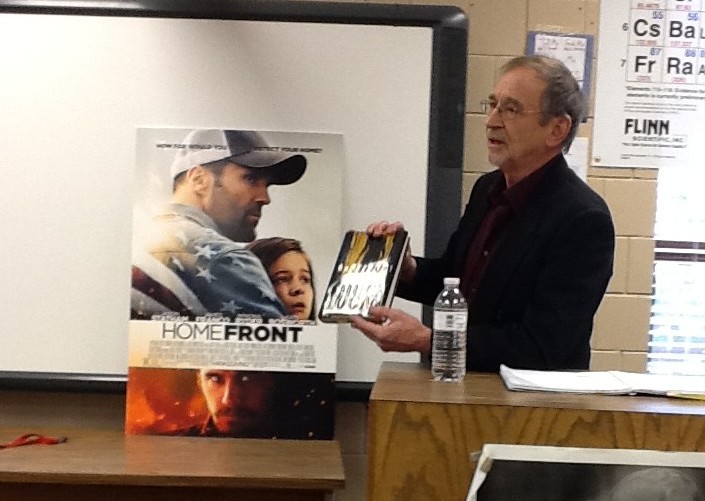

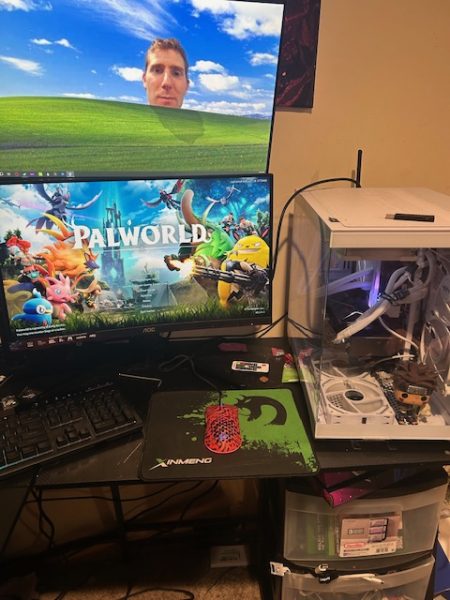
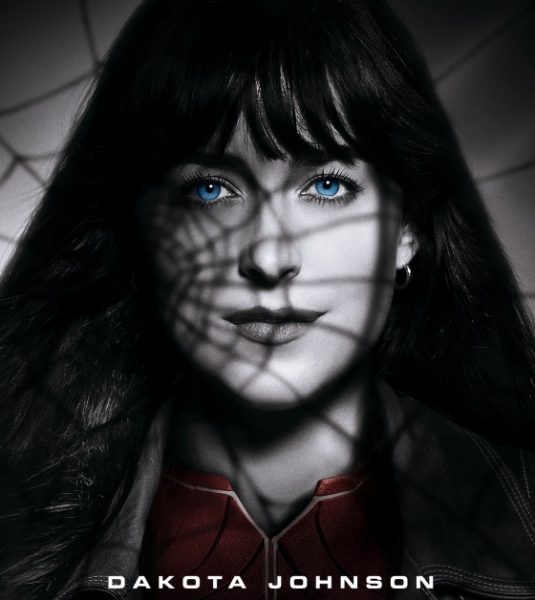

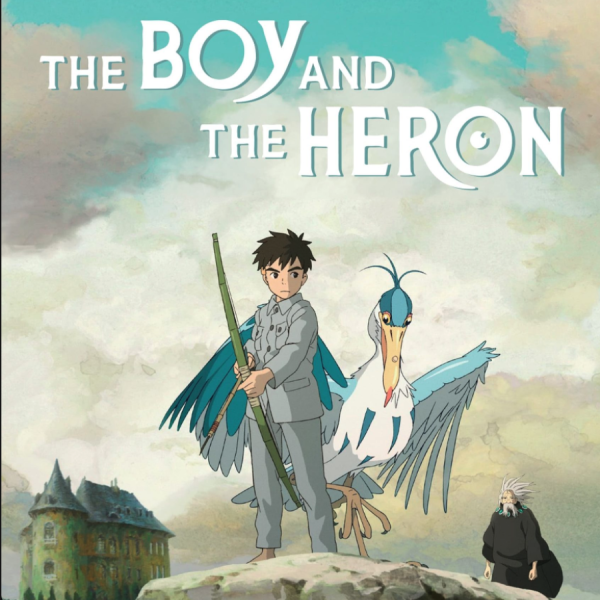

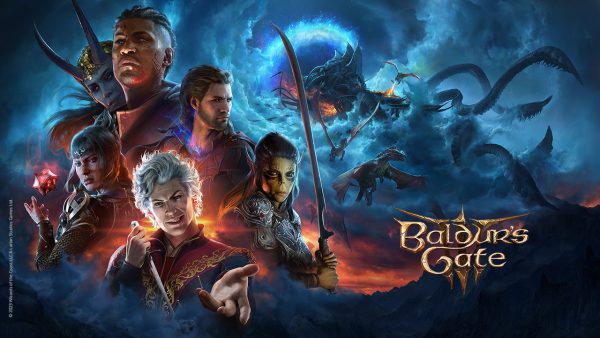


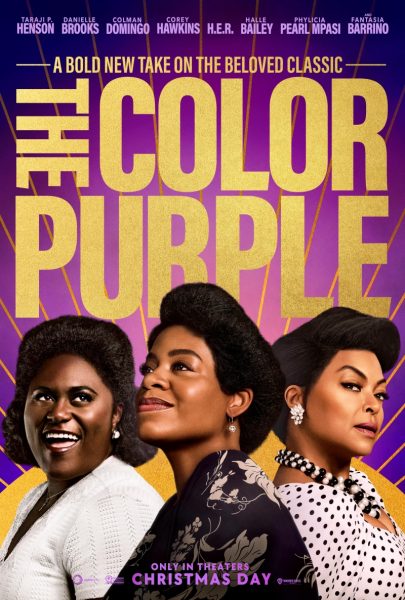
Eric Bromback • Apr 2, 2014 at 10:21 am
Great Article! The quotes were super informative and the article did a really good job of explaining how he got to where he is today!
Jasmine Hearne • Apr 1, 2014 at 11:23 pm
This was an awesome article!! I loved the way you started you introduction with a quote, which was very refreshing from the regular five W’s. You’re quotes, were really deep & personal which helped capture and create the emotion in the story. I know the article was a feature on Chuck Logan, but it may have been a good idea to add a quote from his daughter, to see his families response to his work?
Sydney • Apr 1, 2014 at 11:04 pm
I thought this was an incredible article. I know that we all had fun writing it, but you definitely captured his story well! You found some really great quotes and were able to involve everything from his life to the movie, really good job!
Natalie Gjermo • Apr 1, 2014 at 10:06 pm
Great article, well written and awesome quotes! it really captured his message and his life story. It was also really cool to learn about how is book became a movie and all of the different steps he had to go through before the book made it on the big screen.
Rose Bruchu • Mar 27, 2014 at 8:18 am
This is a really cool story about a great author. After reading the book it was fun to read background on the author with actual quotes from him. Great article!